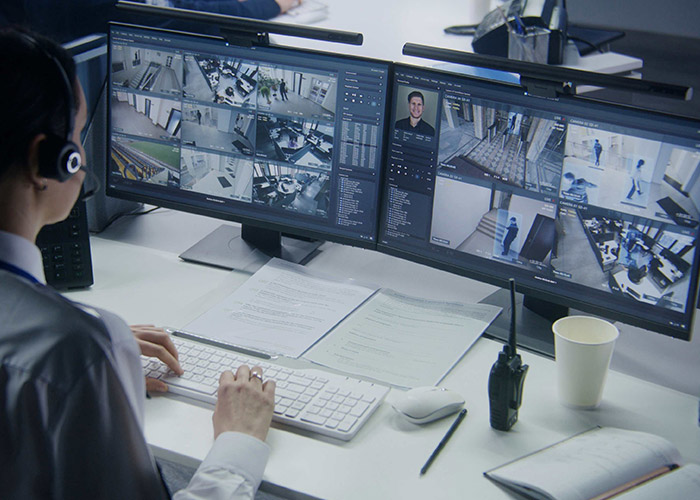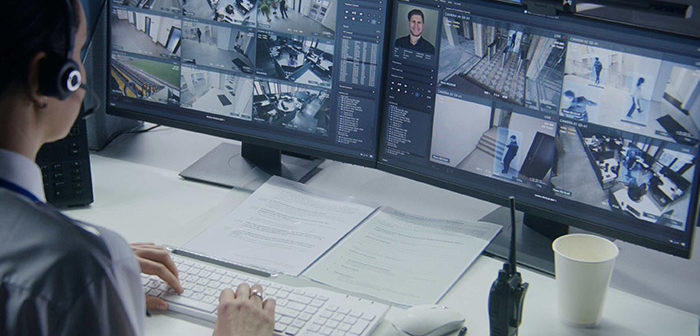
Updated legislation is urgently needed to protect workers, given rapid advancements in monitoring technology, according to new Swinburne research presented at an inquiry into workplace surveillance in Victoria.
Swinburne researchers Professor Peter Holland and Dr Jacqueline Meredith presented their findings to the Parliament of Victoria as part of the workplace surveillance hearing beginning on September 3, 2024.
“As the boundaries between work and home melt away, there is a need to address the growing gap between existing legal protections and the potential harms associated with the electronic monitoring and surveillance (EMS) of workers,” said Holland. “The legal regulation of EMS technology in Victoria needs strengthening to restrict random, excessive, and unauthored use. Employees should always be notified as to what EMS is being used, and be able to challenge this surveillance and access any data collected.”
By the end of 2020, up to 80% of organisations worldwide were using some form of EMS to monitor remote working. In Australia, this figure was estimated to be even higher, up to 90%. This technology can pick up private conversations in the background or gather other private information about employees and their families. Technology facilitating remote access to personal computers also means that employers potentially have access to workers’ private information, such as banking, passwords, medical records, and correspondence with doctors.
Both researchers have analysed the variety of workplace surveillance around the world and believe the rapidly growing developments have far outpaced legal or HR boundaries in many countries.
“Here at home, the Privacy Act 1988 (Cth) does not specifically address workplace surveillance. Section 9B of the Surveillance Devices Act 1999 (Vic) prohibits an employer from using an optical surveillance or listening device to carry out surveillance of employees in workplace toilets, washrooms, change rooms and lactation rooms. Apart from this, however, the legislation is silent on workplace surveillance,” said Meredith. “This issue needs a legal rethink. Victoria’s workplace surveillance laws should be compatible with the right to privacy, understood as encompassing the value of personal autonomy.”






